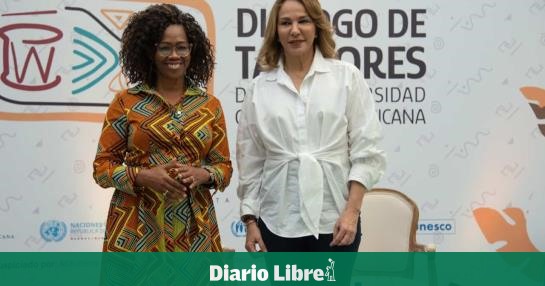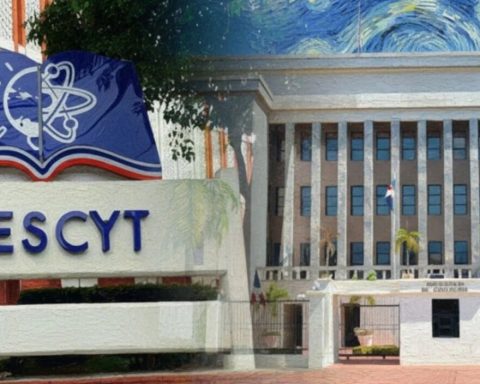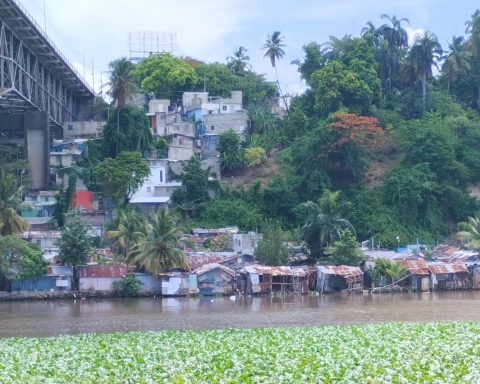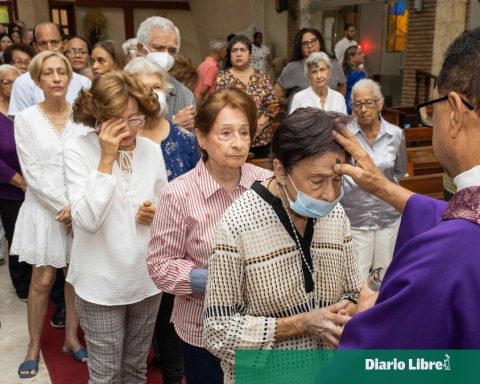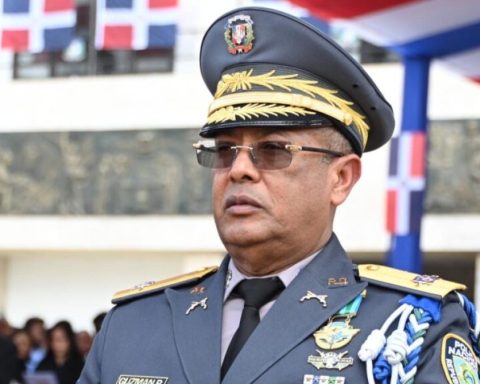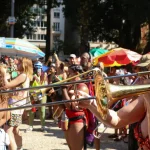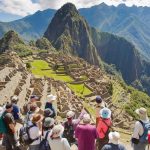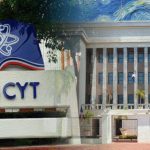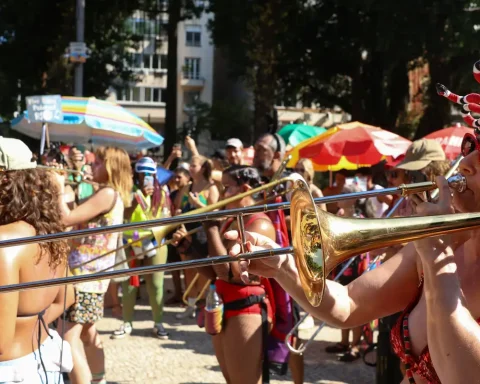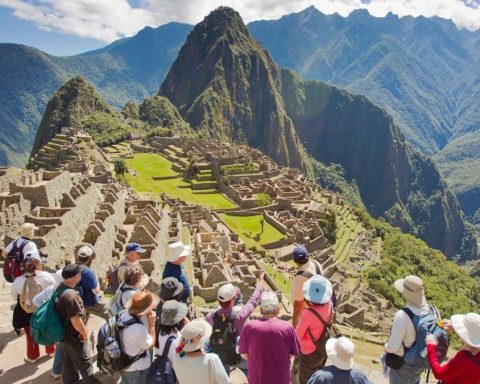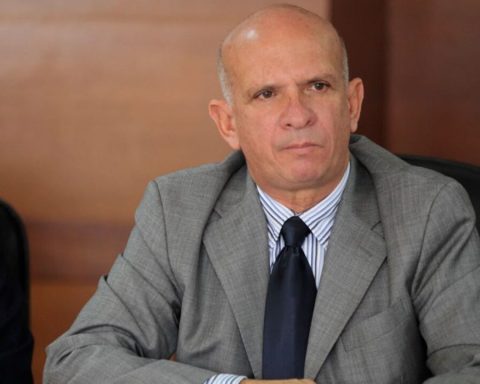The Dominicans define themselves primarily as “indians” and in second place as “white”, followed very closely by “brunettes”, this despite the fact that 71% of the population has Afro maternal lineage; 14% Asian or European maternal lineage and about 15% Amerindian lineage.
“The Dominicans they do not identify as Afro and do not recognize themselves as Afro-descendants”, said Diogenes Lamarche, principal investigator of the survey “Racial and ethnic self-perception in the Dominican Republic” conducted by the United Nations Population Fund (unfpa) and was presented during the Drum Dialogueactivity organized by the Ministry of Culture.
The survey conducted between November 28 and December 2, 2019, collected opinions from 1,309 Dominicansof legal age, who self-identified with up to 27 racial ethnic categories, including: light Indian, cinnamon Indian, light white and dark white, light brown, lavaíto brown or jabao.
45% of Dominicans defined himself as “Indian”, followed by 18% who consider themselves white; 16% define themselves as brown; 9% say they are mulatto and 8% black.
“Within each category, the most common form of identification was that of “clear”: the clear Indian, the clear white, the clear black, the clear mulatto. Within the ethnoracial hierarchy, the clearing is actually the third most important category,” Lamarche explained.
As the educational level of the respondents increases, there is a greater tendency to identify as mulatto and less tendency to consider themselves Indian or white.

The older they are, the less likely they are to identify as brown and the more likely they are to describe themselves as Indian. While women tend to identify more as brunettes.
Respondents with a higher education level are more likely to recognize that both Dominicans as the Haitians are a mixture of origins and consider in a smaller proportion than the Dominicans They are of Spanish origin.
“We live in a country where the majority of the population understands that they live in a country of Spanish descent, while identifying their ancestors as Dominicans and self-identifies as Indian,” Lamarche concluded.
the value of the diversity
The Vice President of Costa Rica, Epsy Campbell, was in charge of the introductory words together with the Minister of Culture, Milagros Germán, at the event held this Friday at the Pedro Henríquez Ureña National Library.
“The Drum Dialogue It is an opportunity that we have to build societies where the contribution of Afro-descendant peoples is recognized in the construction of what we have today, but fundamentally what is in the future. It is a way of speaking from the culture, speaking from the soul, speaking from the heart. I believe that it is a marvelous tool for the construction of the new social pact between all human beings, recognizing that diversity it’s a value and not a motivation to discriminate,” Campbell said.
As part of the activities, tomorrow, Saturday 19, the Afro-Dominican Fair will be held, which will feature artistic, gastronomic and craft expressions.
